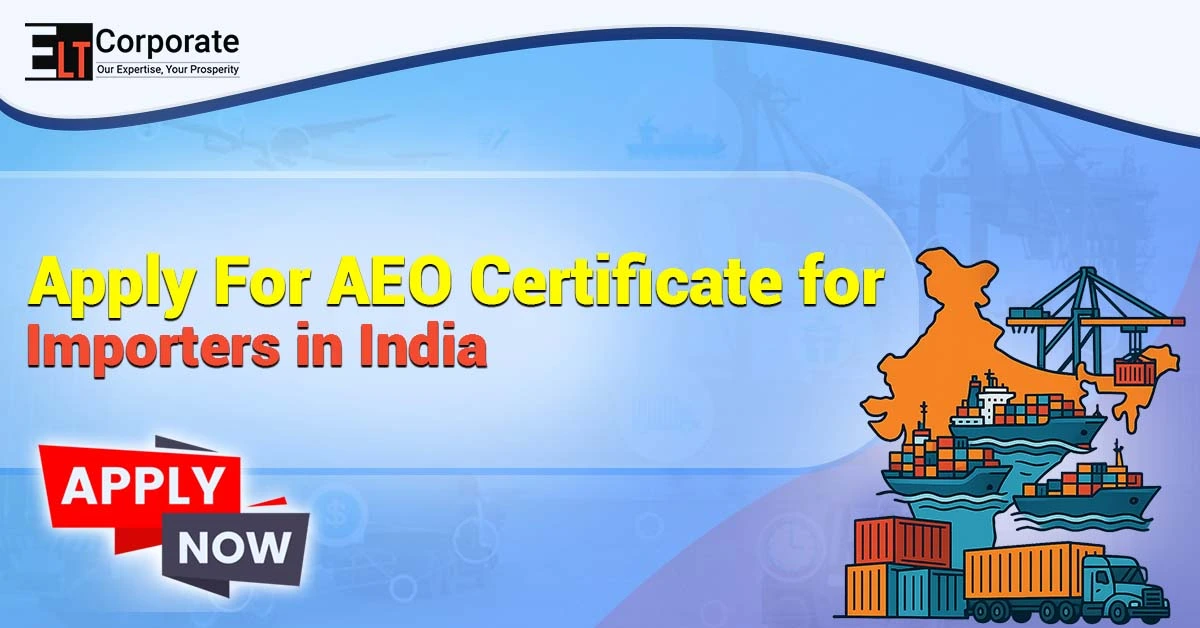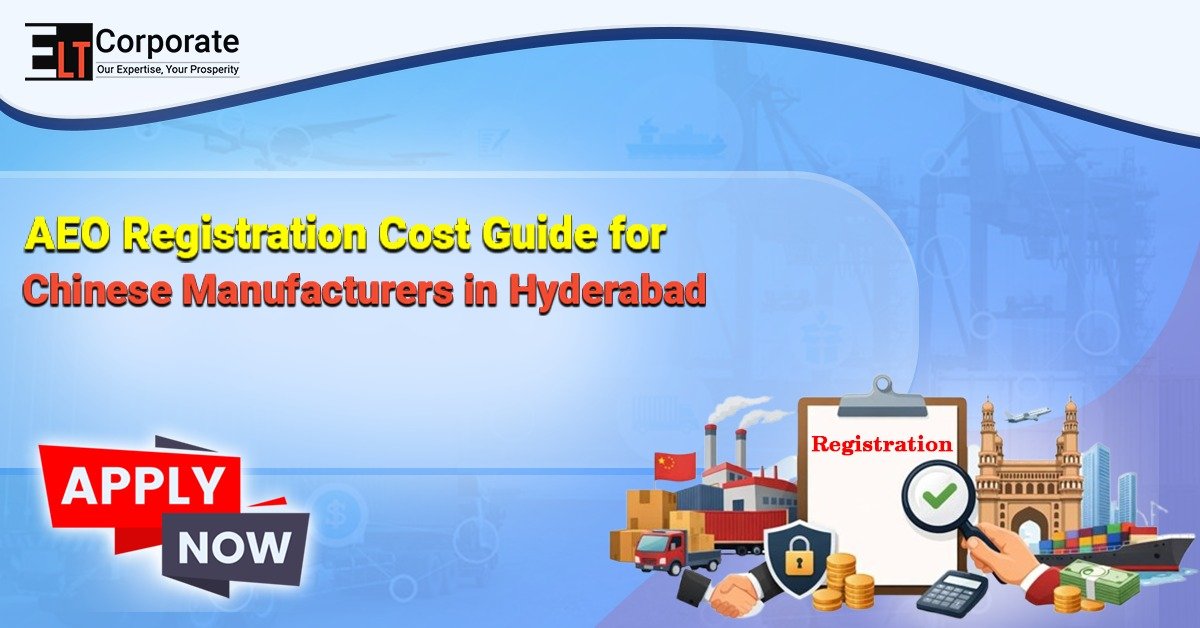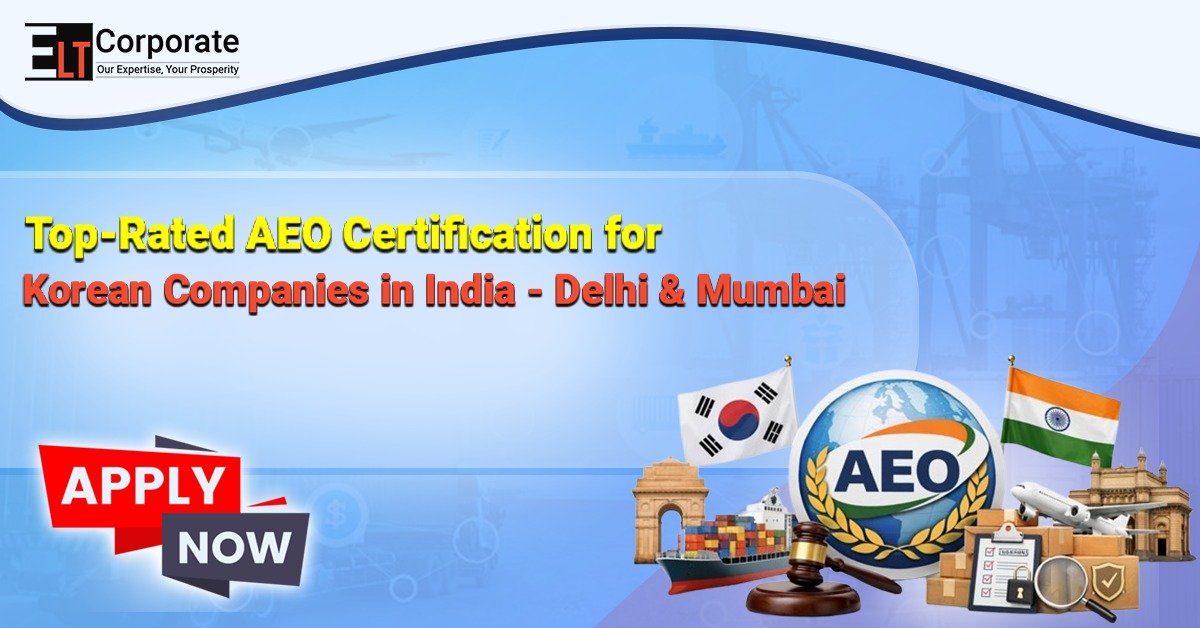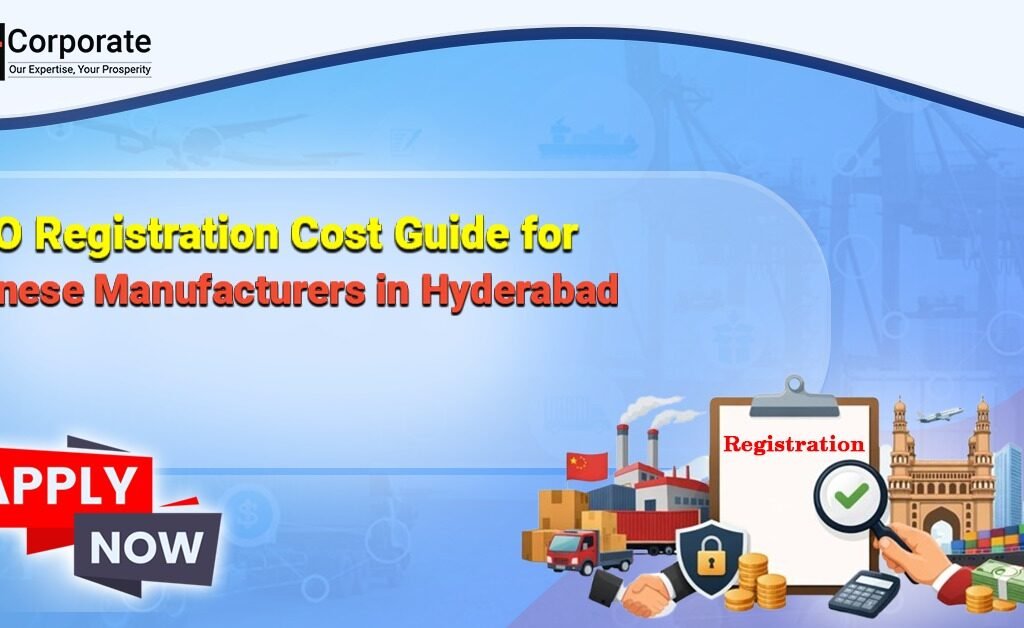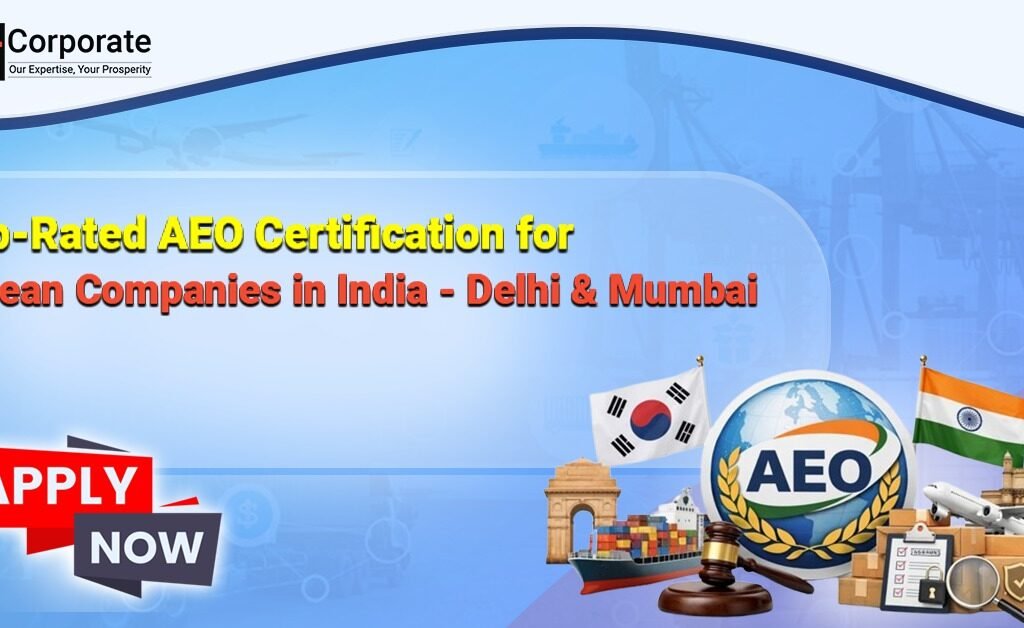Having a hard time as an importer dealing with customs and trade rules? The AEO certificate might just be for you. It automates customs processes, raises your business profile, and allows quick trade clearances. In this comprehensive guide, we will discuss each and every detail you need to know for applying for AEO certification such as your eligibility, required documents, application steps, and important benefits—following CBIC instructions.
What Is the AEO Certificate?
The AEO Certificate is an important certificate given by The Central Board of Indirect Taxes and Customs (CBIC) under their AEO Program. It is issued only to those companies which have proved true loyalty to customs compliance, business integrity, and a strong supply chain security. This businesses do receive something in return when they get this certificate, as every importer and exporter receives cargo clearance with reduced inspection and time spending during the whole process.
Eligibility Criteria for Importers (Who Can Apply?)
Importers in India may apply for AEO certification under three distinct tiers, depending on their business scale and compliance level:
- AEO-T1: Basic certification with digital application and remote verification.
- AEO-T2: For businesses requiring physical verification and additional documentation.
- AEO-T3: Advanced level, granted to high-volume importers with excellent compliance history.
Basic Eligibility Requirements:
- Valid Importer Exporter Code (IEC).
- Minimum three years of business operations.
(Startups under 3 years may qualify under relaxed norms if they meet other criteria.) - Proven compliance with Customs, GST, and DGFT regulations.
- Sound financial health, demonstrated through audited financial records.
Key Documents Required for AEO Application
Importers applying for AEO certification must prepare the following documents:
- IEC Certificate.
- PAN and GST Registration Certificates.
- Audited Financial Statements for the last three years.
- Site Plan of the business premises.
- Internal Standard Operating Procedures (SOPs) for customs compliance and security processes.
- Import Transaction Records.
- Self-Assessment and Security Questionnaire (mandatory for AEO-T2 and T3).
Expert Tip: Consider consulting a professional for help with SOP preparation and security assessments to avoid errors or delays.
Step-by-Step Process to Apply for AEO Certificate for Importers
Step 1: Determine Applicable AEO Tier
Choose your AEO category:
- AEO-T1: Entry-level; online-only process.
- AEO-T2: Requires on-site inspection and additional documentation.
- AEO-T3: For large, compliant importers with excellent track records.
Step 2: Register on the AEO Portal
- Submit your application via the official AEO Online Portal:
aeoindia.gov.in
(Alternatively, physical submission can be made for T2 and T3 applications at the jurisdictional customs office.)
Step 3: Submit Required Forms
- Complete Annexure A (AEO-T1 application form).
- Complete Annexure B (Security Questionnaire) for AEO-T2 and T3 applicants.
Step 4: Attach Supporting Documents
Attach all required documents. Ensure everything is complete, current, and accurately filled out.
Step 5: Verification and Approval
- AEO-T1: Digital verification by Customs authorities.
- AEO-T2 and T3: Customs officers will conduct a detailed review, including a physical site inspection.
AEO Certificate Processing Time
- AEO-T1: Approximately 30 working days.
- AEO-T2: Usually between 60 to 90 working days, depending on site visit and verification.
- AEO-T3: Up to 120 working days for comprehensive verification.
Benefits of AEO Certification for Importers
Importers who obtain AEO status enjoy several customs-related benefits:
- Faster clearance of consignments at ports and airports.
- Fewer physical inspections and reduced documentation requirements.
- Reduction or waiver of Bank Guarantees in customs procedures.
- Priority processing for customs-related transactions.
- International recognition through Mutual Recognition Agreements (MRAs) with other customs administrations.
Why Consider Professional Help?
The AEO application process requires detailed documentation, internal security assessments, and strict adherence to compliance norms. Many businesses hire experts to:
- Prepare accurate SOPs and documentation.
- Streamline the application process.
- Minimize delays, rejections, or unnecessary objections from Customs.
Conclusion
Recognized as an AEO-certified importer has distinct benefits such as faster customs clearance, elevated international standing, and more efficient cross-border trade facilitation. By adherence to this systematic approach and sustained compliance with the regulatory requirements, proper documentation, and process flow, the importers can efficiently leverage AEO’s certification advantages.

